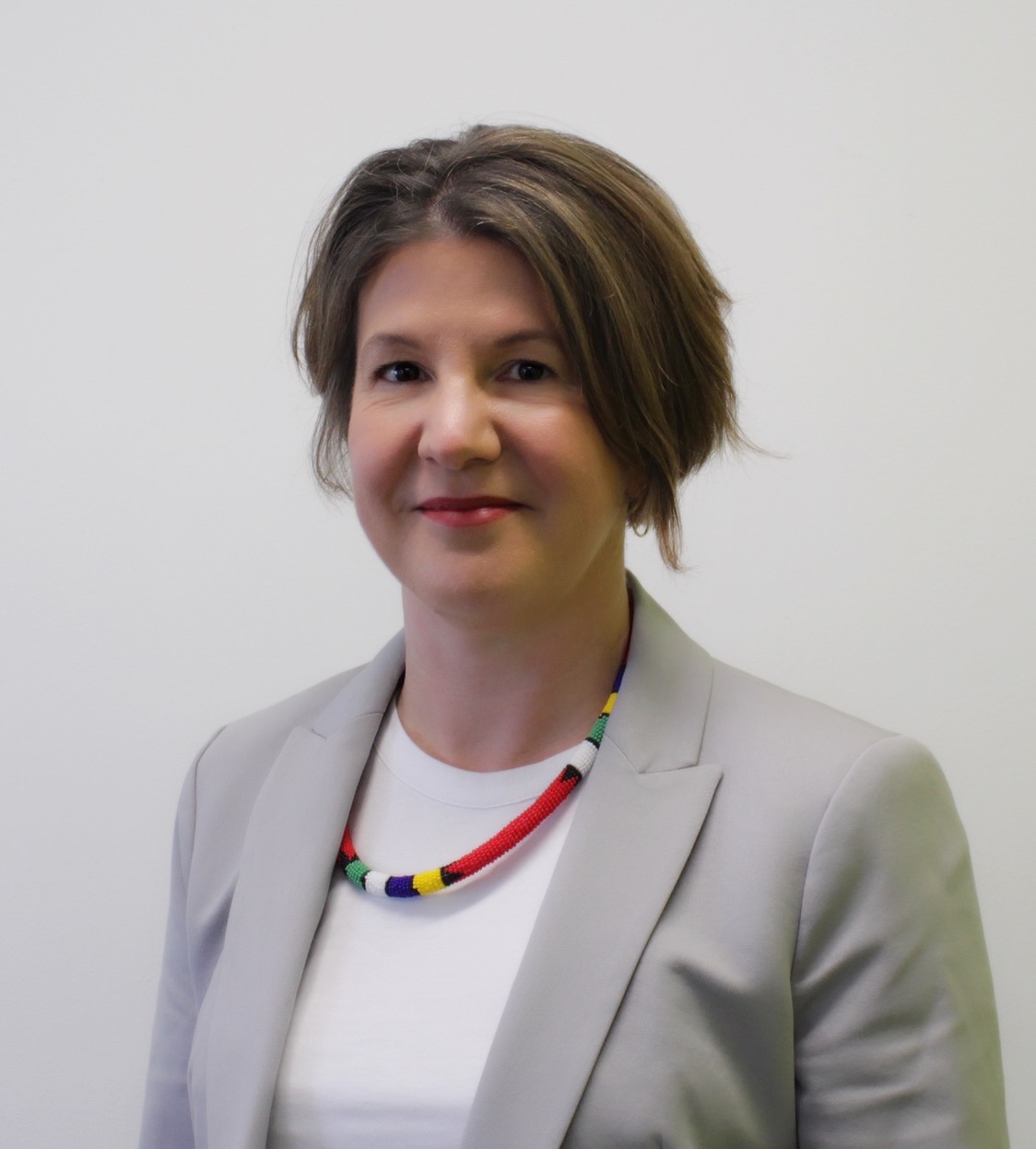Medicines are fundamental in maintaining human health. However, adverse drug reactions are increasingly common, especially as the world’s population ages. There is also an unacceptably high rate of medicines related errors, fuelled by the complexity of guidelines and the expanding array of potential therapies. Those with lower education and low income are most likely to experience medicines-related adverse events and errors.
The Medicines in Acute and Chronic Care Programme will tackle the most critical health challenges associated with medicines, not just in the UK but across borders.
“The programme is a real collaborative effort, bringing together experts from across the UK who will use patient data to shine a light on previously unknown adverse effects and drug interactions as well as identifying patients most at risk of negative outcomes associated with polypharmacy – taking lots of different medications. Rather than the research being conducted in a disease specific manner, it will cut across many conditions and give the big picture of how prescribing can have beneficial and negative consequences on health, as well as building tools to ensure medicines use is safer for patients.”
Professor Elizabeth Sapey, Director of the Institute of Inflammation and Ageing at the University of Birmingham.
“It is wonderful to be part of the HDR UK family, and I am looking forward to interacting with colleagues. I hope through a collaborative national effort, we can make a real impact on patients’ lives by improving the benefit-risk ratio of medicines.”
Professor Munir Pirmohamed, David Weatherall Chair of Medicine at the University of Liverpool, Director of HDR UK North, and Honorary Consultant at Liverpool University Hospital Foundation NHS Trust









